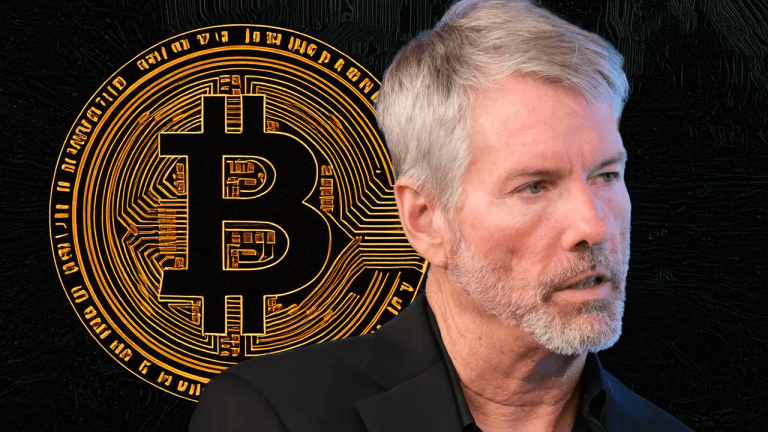
“People will stop mining the coin if they can’t make money off of it,” according to Michael Bloomberg who referred to the two previously hyped city coins.
Despite being publicly endorsed by the respective mayors of both cities, MiamiCoin (MIA) and NewYorkCityCoin (NYC) have plunged 90% and 80% since their all-time highs.
According to data from CoinGecko, the price of MIA has dropped 92% since its ATH of $0.055 on Sept. 20 to sit at $0.004 at the time of writing. While NYC’s value has fallen by 80% since its March 3 high of $0.006 to trade at $0.0014.
With investors getting burned across many other crypto assets of late, demand for MIA and NYC coins has almost completely dried up.
Trading volume for the duo over the past 24 hours has totaled a mere $70,190 and $45,663 respectively. In comparison, when MIA and NYC were at ATH levels, they generated $1.6 million and $260,000 worth of 24 volumes apiece.
Miami mayor Frances Suarez has spoken about the potential use-cases of MIA on multiple occasions, and most recently announced in February that the local government had disbursed $5.25 million from its reserve wallet to support a rental assistance program.
New York City mayor Eric Adams also welcomed NYC with open arms in November after he stated that “we’re glad to welcome you to the global home of Web3! We’re counting on tech and innovation to help drive our city forward.”
The assets were developed by the CityCoins project, a Stacks layer-on blockchain-based protocol aiming to provide crypto fundraising avenues for local governments such as Miami and New York City, its two and only partners so far.
A key incentive — despite potential regulatory gray areas — is that CityCoins’ smart contracts automatically allocate 30% of all mining rewards to a custodied reserve wallet for the partnered city, while miners receive the remaining 70%.
As of January this year, the value of Miami and New York City’s reserve wallets had hit around $24.7 million and $30.8 million respectively according to CityCoins Community Lead Andre Serrano, suggesting there had been relatively strong community demand to mine the asset at the time.
Related: ‘Philly is ready’ for CityCoins, says city council
However, while the governments have benefited from the partnerships, on the user/investor side of things it appears the share of mining rewards, and a supposed 9% annual BTC yield from “stacking” (essentially staking) the assets on the Stacks (STX) blockchain, is not enticing enough to drive strong demand.
Michael Bloomberg, an urban technology researcher at Cornell Tech, recently suggested to Quartz that the coins could even become useless to the cities if extra utility isn’t added capture investor appetite:
“People will stop mining the coin if they can’t make money off of it, and the only way they make money off of it is convincing greater fools to participate.”





